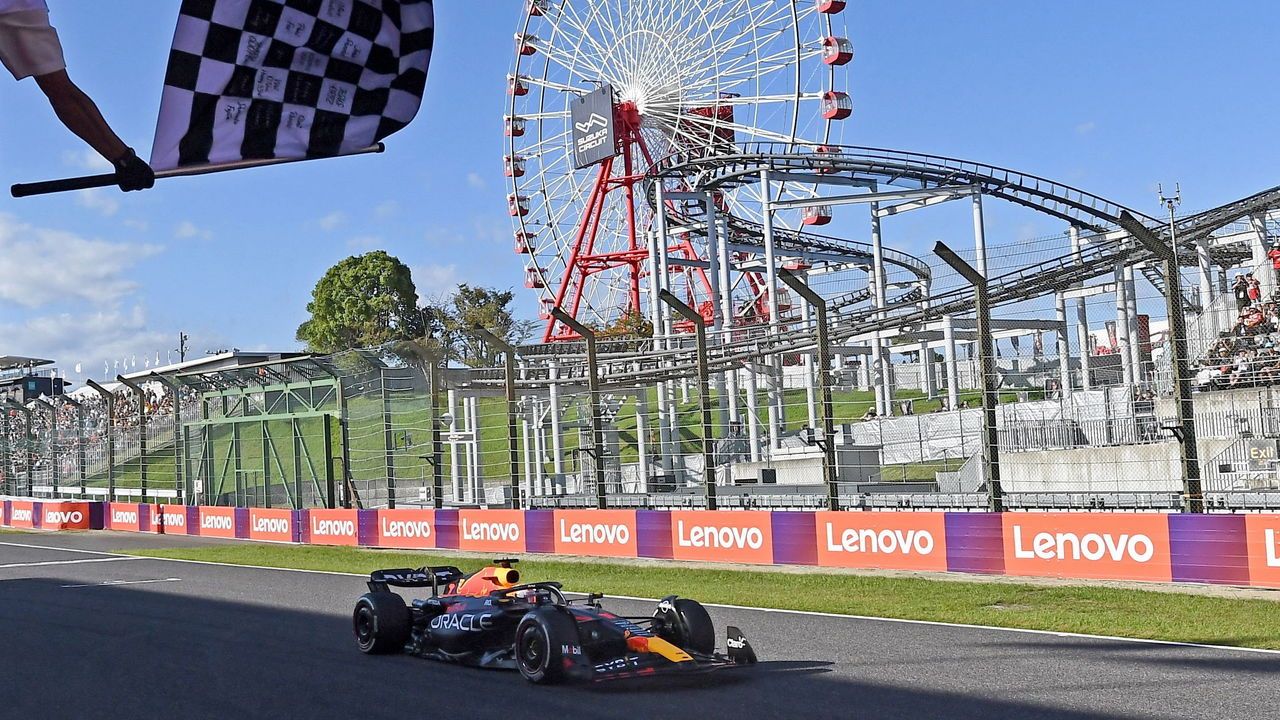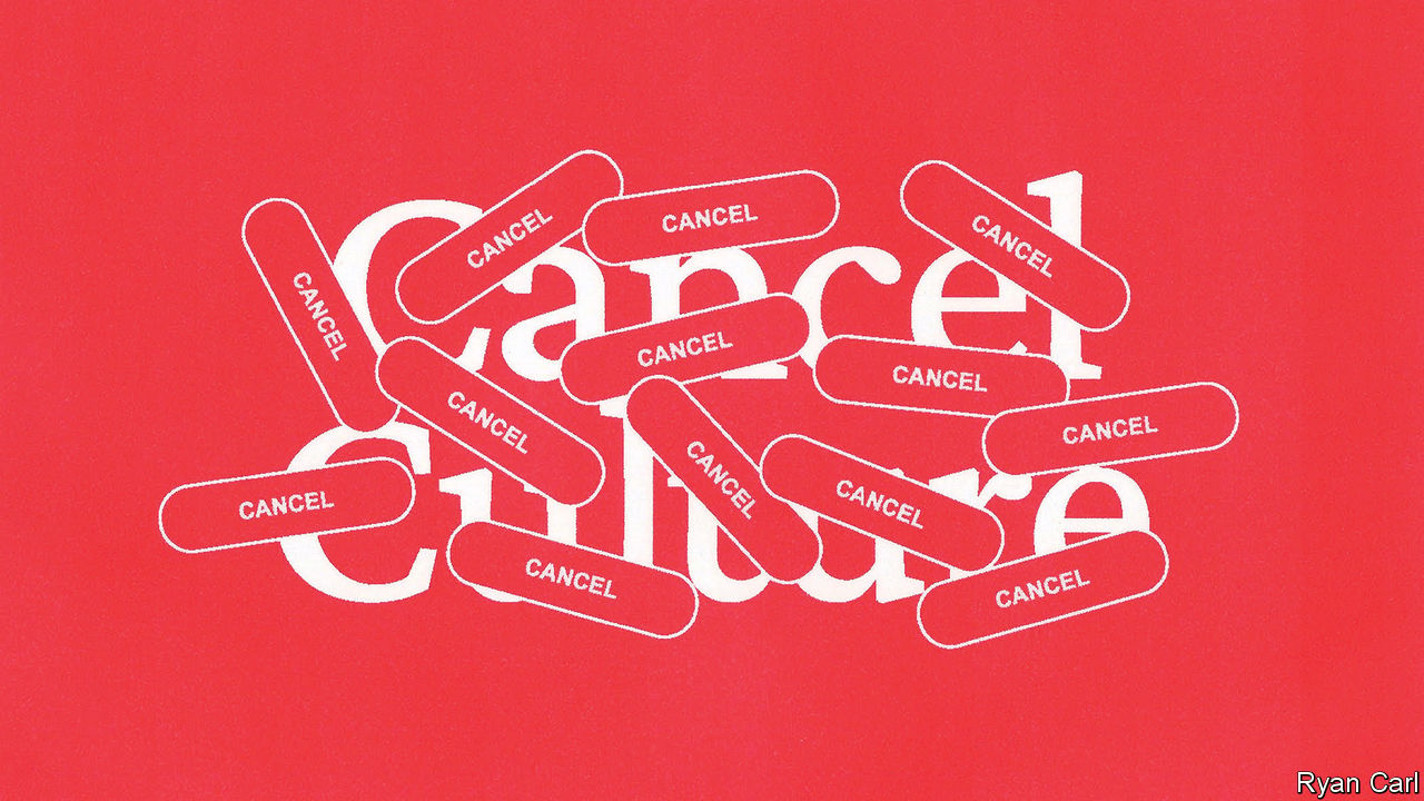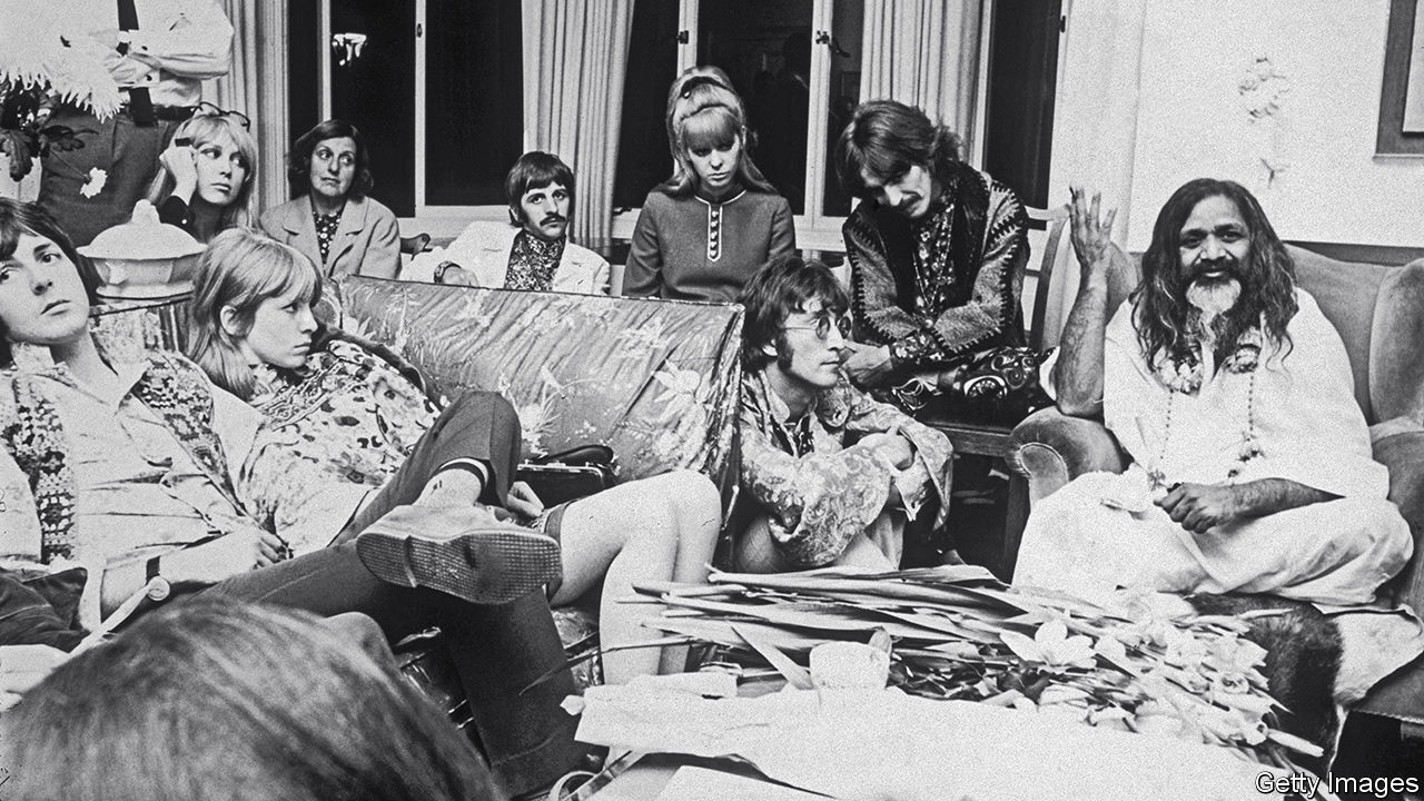Max Verstappen’s brilliance is hurting Formula One
F1 has a boredom problem

DAVID “CROFTY” CROFT, one of Formula One’s (F1’s) best-known broadcasters, had had enough. On October 8th Max Verstappen, a Dutch driver, claimed a third drivers’ championship at the Qatar Grand Prix with six races to spare. Many fans say they are bored. Crofty, though, believes the problem lies with the sport’s whinging new-age fans. If the spectacle of the world’s premier motorsport is something you find boring, he ranted on a podcast, “I can’t help you. I really can’t.” Look at the spectacle of the sport, he pleaded: “The sight of cars going at 200mph- [323kph-] plus…in the hands of some of the most talented human beings ever to grab hold of a steering wheel.”
Crofty is partly correct. The drivers’ talents are extraordinary. But the true thrill of F1 lies in the competition between drivers. And on that measure the past two seasons have been mundane. In 2022 Mr Verstappen won 15 of 22 races; this year he has already won 14 of 17. Between May and September he took ten consecutive chequered flags, a new record. At the age of 26 he is already fifth in the ranking of drivers with most wins.
Much of that is down to Mr Verstappen’s skill. Since becoming the youngest-ever F1 driver at the age of 17, Mr Verstappen has honed his natural talent to achieve complete mastery of the wheel. The engineering prowess of his team, Red Bull, has also made the most of his skills. Other teams have simply been unable to match the pace and consistency of Red Bull’s car, comprising an ultra-reliable power unit and a remarkably light chassis.
The Verstappen-Red Bull supremacy has meant that some of this season’s most memorable moments have been unrelated to racing. In Qatar, where the temperature inside cars neared 50°C, one driver almost passed out; another vomited inside his helmet. In Singapore in September Aston Martin’s Fernando Alonso drove over a lizard.
Uncompetitive championships are nothing new. Before Mr Verstappen’s breakthrough, Lewis Hamilton and his Mercedes team won four titles in a row. In the early 2000s, Michael Schumacher won five consecutive titles with Ferrari. But the recent spell of boredom has come at a particularly unfortunate time. Over the past few years the sport has gained many new fans, particularly from America. They have been drawn in by “Drive to Survive”, a newish Netflix series that ushers them behind the scenes, showing them the sport’s quirky personalities and political infighting.
This year, though, the new fans have not been entertained. The audience for the broadcast of the Miami Grand Prix in May by ABC, an American network, was 25% smaller than it was last year. Social media are another way to measure fan sentiment. F1 engagement fell by 70.2% in the first five months of 2023, according to Buzz Radar, a social-media research firm. Terms like “boring” and “annoying” replaced “exciting” and “interesting” on many feeds.
All this will be particularly disappointing to organisers who have tried hard, at some cost, to turbo-charge F1’s entertainment value. In 2021 they introduced a new format: drivers participate in occasional sprint races, shortened versions of the main event. Organisers have added full-length races, including two in America. (Next season will have 24 such races, up from 22 in 2021.) The expansion, though, adds to pressure to build and retain audiences: the average cost for organisers putting on a race is roughly $33m.
No change of formats can replace the drama provided by tightly contested racing. When the scrap for the 2021 championship between Mr Verstappen and Mr Hamilton came down to the final corner on the final lap of the final race, more than 108m people tuned in. That is one of the biggest audiences the sport has ever attracted. But replicating such competition is difficult. F1 officials can only influence so much on the track. The reality remains that Red Bull are a great team with a brilliant car made almost unbeatable by a genius driver. The competition is faltering. Mercedes are struggling to build a competitive car; Ferrari have problems with leadership. Until that changes, F1 fans will simply have to entertain themselves with Max Verstappen’s prodigious talent. ■
More from Culture

“Here We Are” and the question of what to do with unfinished art
Stephen Sondheim’s last work is a rollicking musical—for the act that he probably wrote

